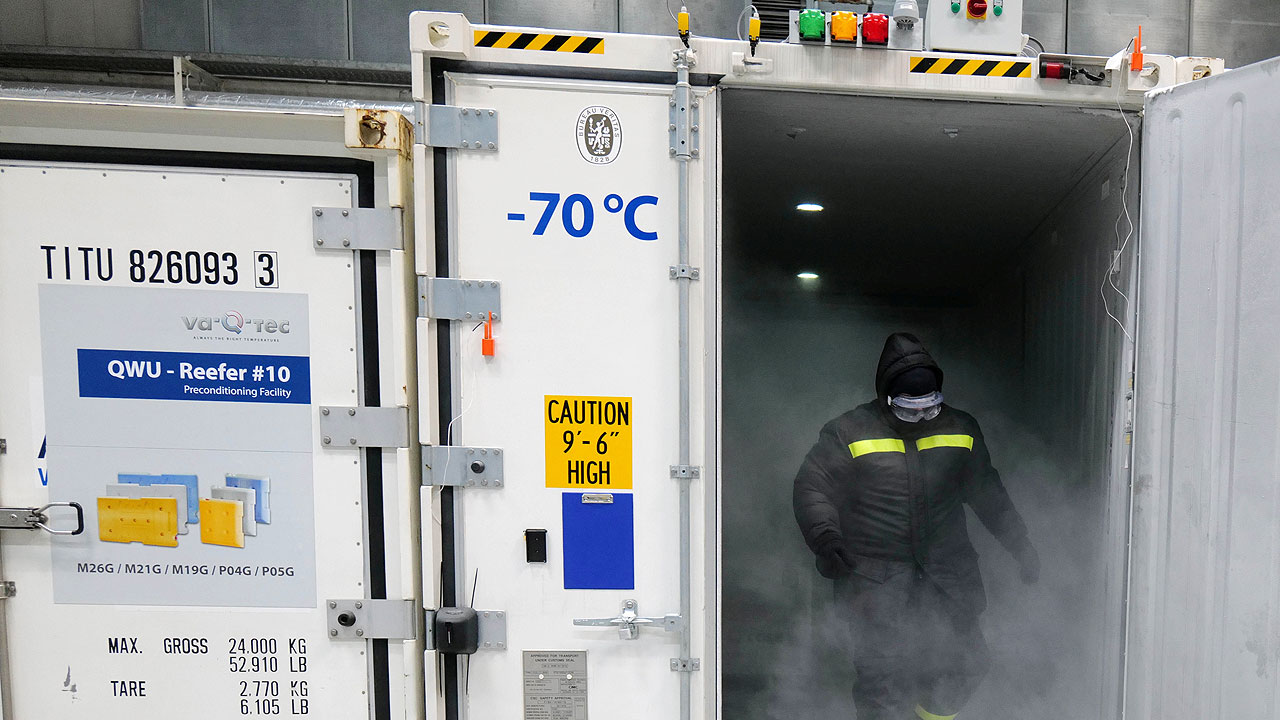
THE United Nations Industrial Development Organization (UNIDO) said cold chain technology can help the Philippines reduce waste and reduce losses in transporting food, ultimately reducing the price of goods.
Celia B. Elumba, chief technical advisor at UNIDO, said that at least a third of food production is lost due to inefficiency in the transport of goods.
“30% to 50% of food that is transported from the regions where it is produced is lost by the time it gets to the people who will be consuming it… because of the stress that comes with (transporting goods),” Ms. Elumba told BusinessWorld.
“The idea of the cold chain is to help secure that supply and value chain, avoid food waste, and make sure that the cost of the product will be better because you don’t lose as much and you don’t have to recover that lost revenue,” she added.
Last week, UNIDO led the turnover of four demonstration facilities to three Metro Manila beneficiaries under the Global Partnership for Improving the Food Cold Chain in the Philippines project.
The project is being implemented by UNIDO, the Department of Environment and Natural Resources, the Technical Education and Skills Development Authority, and ATMOshpere.
The three beneficiaries — Icebox Logistics Services, Inc., InsightSCS Corp., and Ideamorphosis, Inc. — received a 20-foot-long refrigerated marine refrigerated unit using carbon dioxide (R744) and an R290 cooling module for refrigerated trucks.
“These logistics enterprises provide a range of services, including ‘last mile’ deliveries catering to smallholder farmers,” UNIDO said.
“As early adopters of energy-efficient, low carbon cold chain technologies using natural refrigerants, they are expected to serve as models for the industry to adopt greener and more sustainable approaches,” it added.
Cold Front Technologies Asia, the local contractor for the refrigerated trucks, said that the R290 is the first of its kind in the country.
“It runs on natural refrigerant… is fully electric… (and) much more energy efficient, much more fuel efficient, and able to maintain the life of the engine of the vehicle,” according to Emilio Gonzalez La’O, president of Cold Front. — Justine Irish D. Tabile



